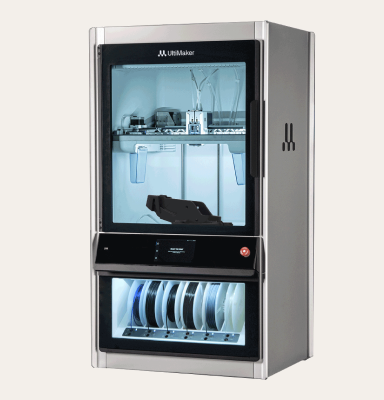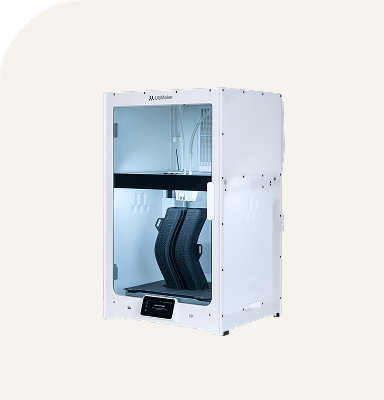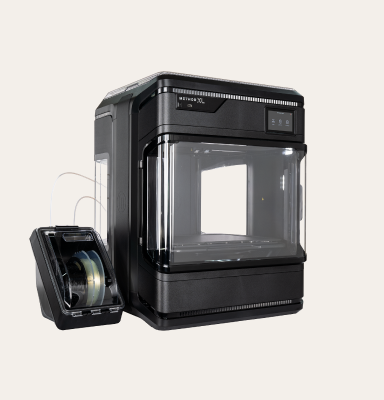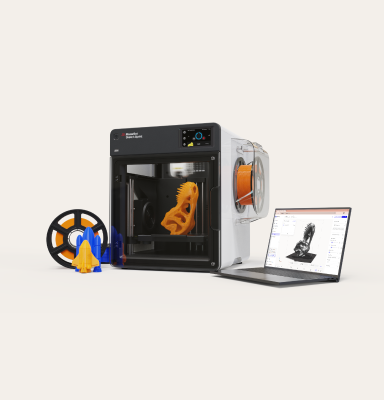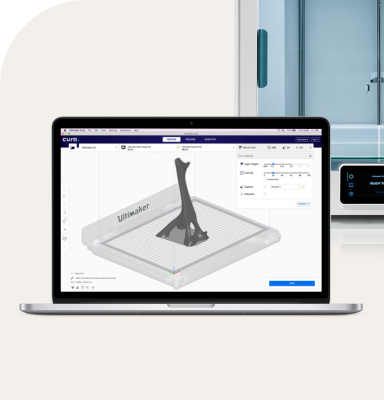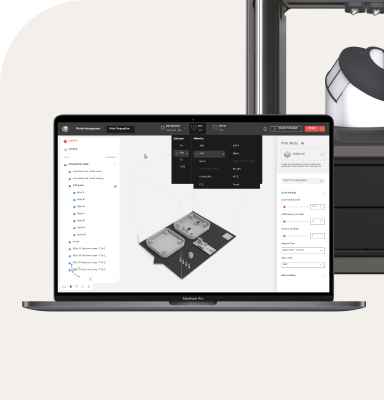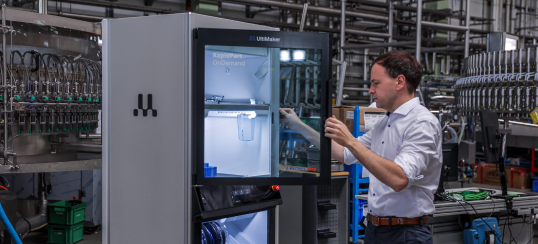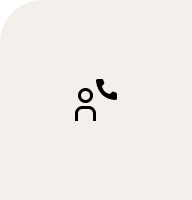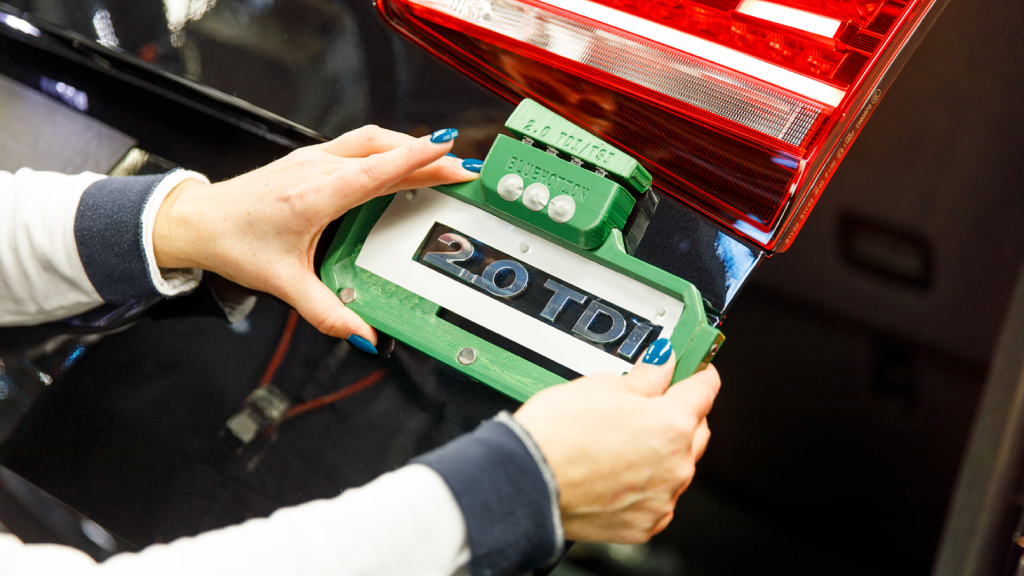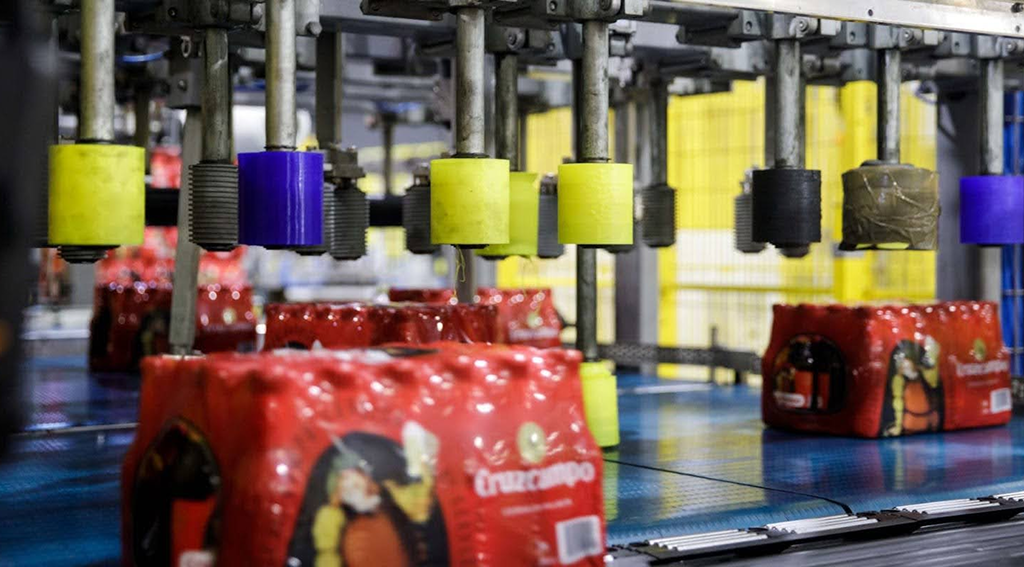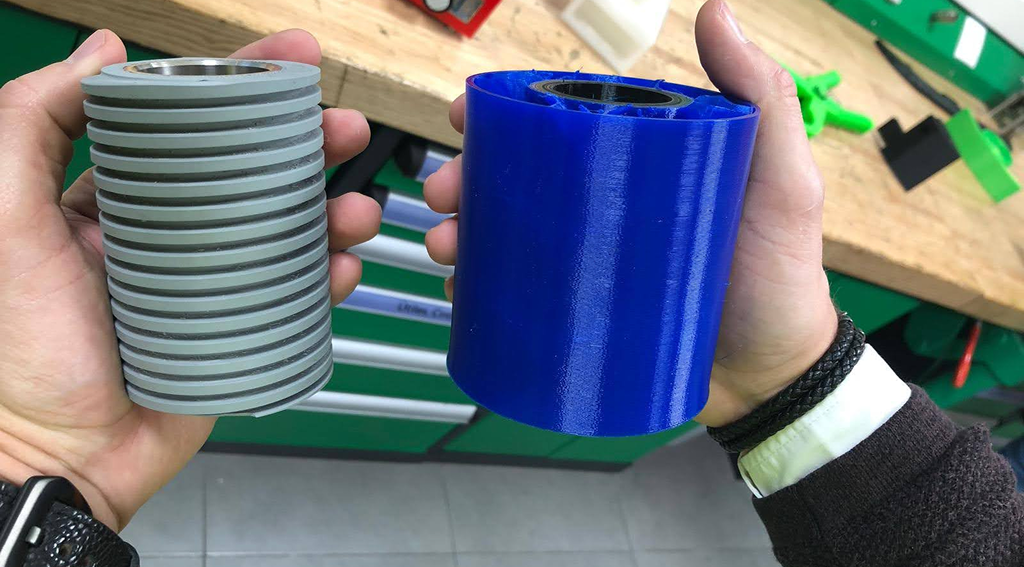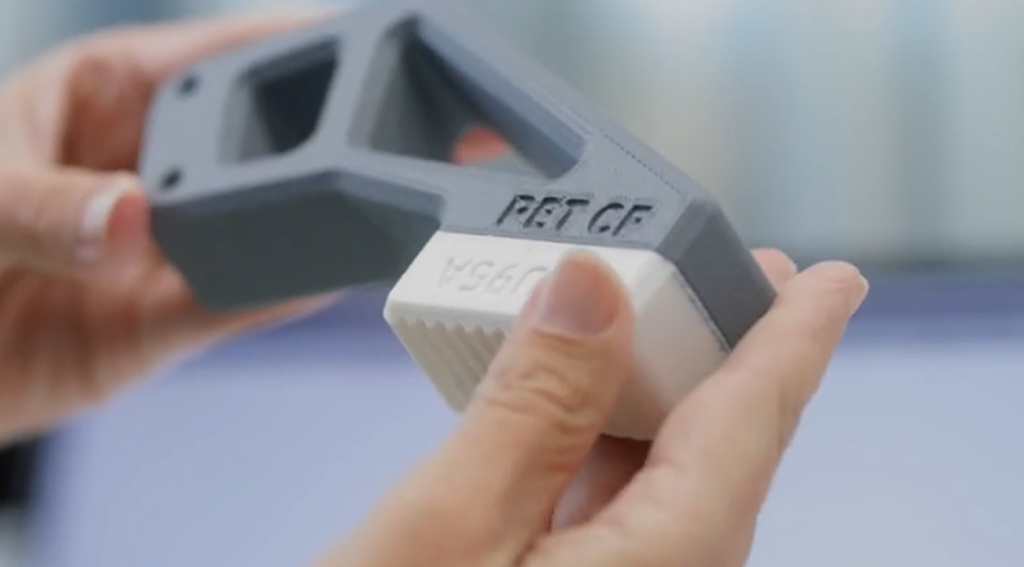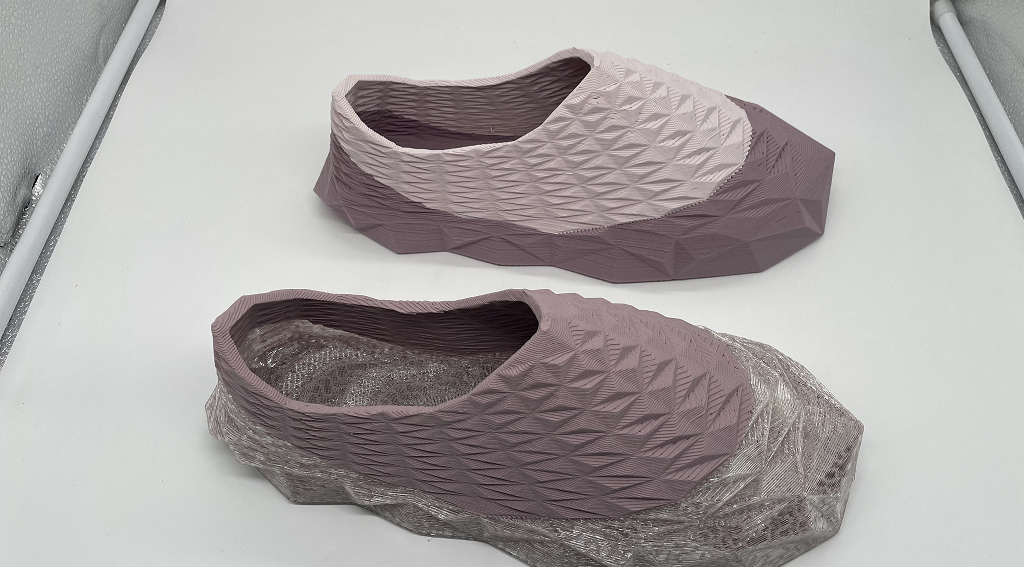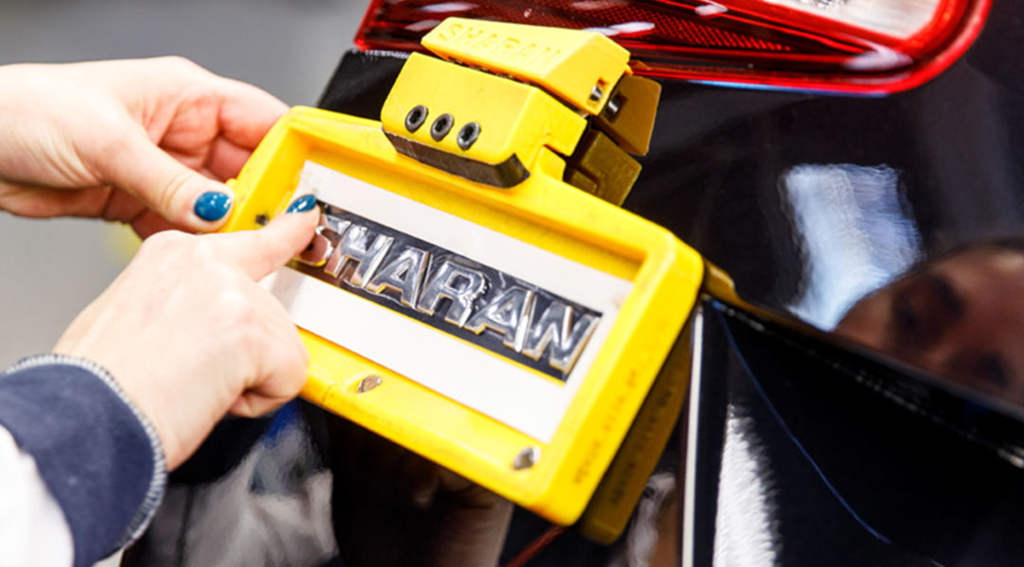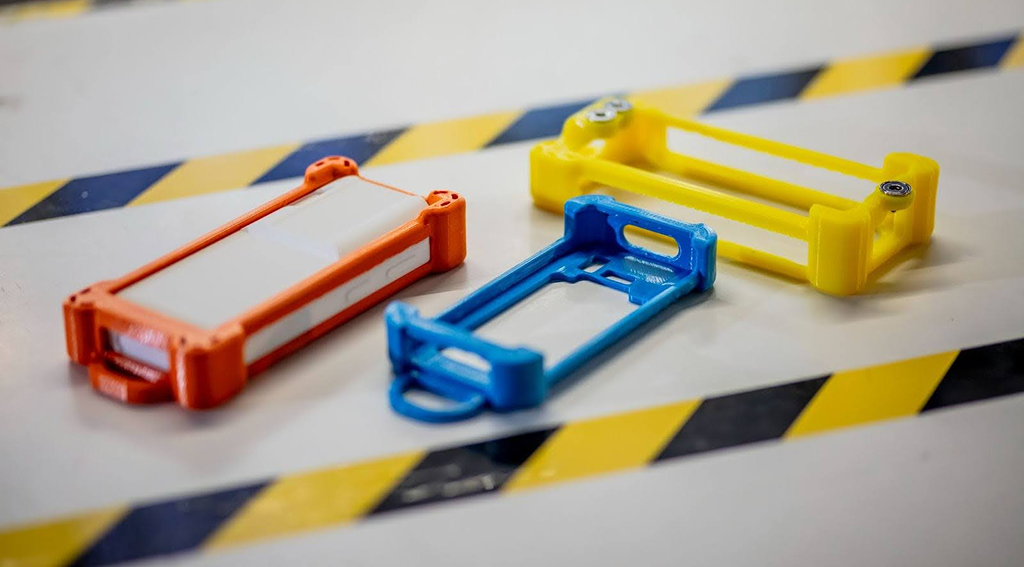The material variety of additive manufacturing is expanding to meet the needs of various industries and fields. From rigid PLAs to nylon filaments, applications are no longer limited to traditional manufacturing methods and materials. With more and more flexible materials entering the game, manufacturers and designers can now experiment with filaments for applications requiring more elasticity.
What are TPUs?
Flexible filaments are made of Thermoplastic Elastomers (TPE) which are a blend of hard plastic and rubber, allowing the material to be stretched and flexed easily.
There are several types of TPE, with Thermoplastic polyurethane (TPU) being the most commonly used among 3D printing filaments.
The filament comes with advantages, such as:
- Flexible and soft
- Excellent vibration-damping
- Long shelf life
- Good impact resistance
However, it does require some experience to print TPU filaments properly, and in case softer TPUs are printed, there are some hurdles to overcome while printing with a Bowden tube extruder.
The hardness of TPU is measured on the Shore A or Shore D scale. Softer, more flexible TPUs are measured on Shore A, with higher values indicating a harder and less flexible material. Shore D is used for harder, more rigid TPUs and measures their higher hardness and stiffness.
We know the importance of using the right material for the right job. Whether you’re producing protective gear, refining packaging processes, or iterating on product designs, TPU offers the adaptability you need - and with the UltiMaker ecosystem, printing it is easier than ever.
Why TPU?
TPU is known for its impressive elasticity, wear resistance, and impact strength. These properties make it a go-to material for applications that require flexibility under pressure. Its ability to deform and return to shape makes it ideal for both functional prototypes and end-use parts that encounter dynamic forces.

